Are you interested in becoming a school counselor? It’s a highly rewarding job which really gives you the chance to make a difference, so you shouldn’t be surprised that it requires a high standard of education. The good news is that it’s getting easier to acquire, no matter where you live or what you’ve done with your life previously.
What’s more, you may already have some of the key skills needed to be successful. This article looks at how soft skills developed over the course of your life can be effectively applied to this role.
Active listening
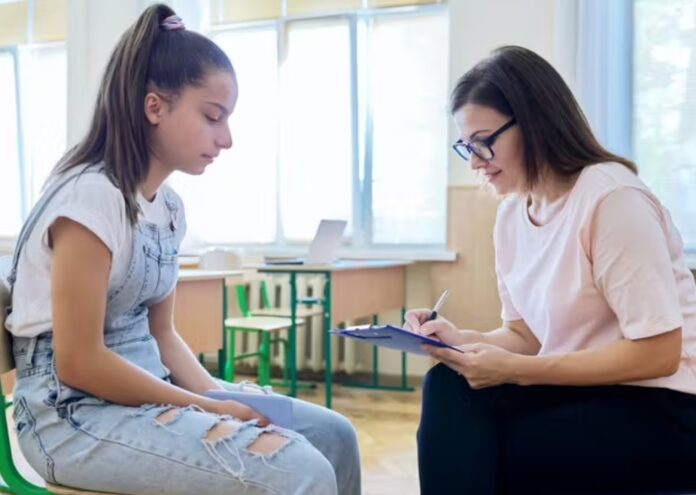
Are you a good listener? Listening skills are vital to counseling, but they’re not as simple as they may seem. Active listening requires more than just paying attention to what the other person says. You will need to focus entirely on that person, rather than just waiting for your turn to speak, and you will have to know how to gently coax information out of them while steering the conversation in a useful direction.
You will need to guide students through difficult and sensitive subject matter, giving them the confidence to tell you how they really feel and to describe experiences which they may find distressing or difficult to articulate. Part of your job will be to make them feel that they can trust you absolutely and have permission to talk about whatever they want.
How is this done? A lot of it comes down to body language, and you may use a good deal of this naturally without being aware of it. Eye contact is important, though you will need to remember that neurodivergent people sometimes find it stressful or use it very directly without meaning to convey the aggression or intense focus which a neurotypical person would associate with it.
Sitting in a relaxed way which puts people at their ease but clearly signals that you’re paying attention, helps the conversation to flow. Instead of giving verbal prompts, you can make small noises of encouragement and use facial expressions to query what is being said or to invite expansion.
Empathy

Poor school counselors project their adult perspectives onto children and expect them to behave accordingly. Good ones empathize. When you work as a school counselor, it’s vital to be aware that your students see the world very differently from adults and that their perspectives change dramatically as they mature.
The younger they are, the less life experience they have to base their decisions on, and as they try to do what they can with limited information, it’s easy to make mistakes. Teenagers, meanwhile, experience intense mood swings and emotional confusion as their brains undergo a dramatic process of restructuring in order to prepare them for adult life.
It can help to think about how you felt about things at that age, but you need to be wary of projecting too much, as today’s children are growing up in a very different world. It’s usually much more effective to listen and use your imagination.
Empathizing with students does not mean trying to dress like them or use the same language. If you try that, you’ll probably make a fool of yourself and make them feel embarrassed.
Being honest about who you are but ready to engage with them in a thoughtful, respectful way is worth a lot more. Just because they’re different doesn’t mean that their feelings and ideas are less valid.
Cultural competence
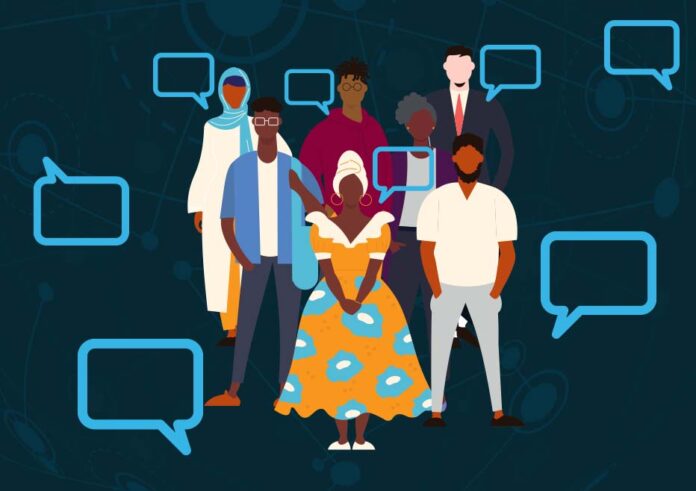
Related to empathy and recognition of generational differences is the ability to realize that the specificities of different cultural backgrounds mean that people see the world in very different ways. You’ll have a head start on this if you’re from a minority culture yourself, but anybody can improve this skill.
The most important thing is that you know that it’s needed and that even if you’re really well-versed in the way that other cultures do things, there will be times when you get it wrong.
If you become aware that you’ve done this, you should treat it as a learning experience, apologize where necessary and reaffirm your commitment to do better. You can invite students to help you with this, but don’t put them under pressure to become your teachers even if you think that they too would benefit as a result, as it isn’t their job.
The best way to improve your cultural competence is to pay attention to the world around you and get out of your familiar spaces. Try visiting different places of worship, where people will often be happy to answer your questions.
Read books by authors from different cultures and watch movies by writers and directors from different cultures. Make sure that the information you consume comes from the groups you want to learn about and doesn’t just reflect outsiders’ perspectives on them.
Observation

A lot of people assume that counseling is all about listening, but really, it’s about observation. Listening is just one form of that. When students come into your office, you should immediately be making mental notes about what they’re wearing, what they’re carrying, how they carry themselves and how they sit. Poor personal hygiene, especially in younger children, is often one of the first signs that something is going wrong at home.
You should also look out for bruises and other injuries which may be caused by bullying, abuse or self-harm, but be aware that they may also have an innocent cause, such as accidents when playing sports. No single observation will give you a complete picture on its own, but by putting them all together you can get a lot of useful context through which to interpret what is said.
When it comes to talking, the content itself isn’t the only thing worth paying attention to. The level of confidence with which students speak, their choice of words and the degree of hesitation involved in approaching certain topics are all informative.
The volume and pitch of the voice and their level of comfort with silences are often as important as what they say. Be careful not to rush the conversation or hasten to fill silences yourself. Take your time and let the situation develop naturally, as this will tell you a lot more.
Analysis and critical thinking

Counseling isn’t just about talking and reaching intuitive conclusions. There’s a good deal of analysis involved. Being diligent about note-taking is especially important in a school setting, where you will have a large number of students to keep track of. You can use those notes to track the progress of individual students over time.
The specific metrics which you can use for this are something which you will learn more about when you study for a degree in counseling, but it’s helpful to have good general analytical abilities and an appreciation of the value of taking a data-driven approach.
Counseling is a complex and evolving profession and there will be times when the analytical techniques with which you are familiar prove inadequate for the task. With this in mind, you will need to be capable of critical thinking.
This skill will also help to ensure that you’re not led astray by your first impressions of any given situation and that even when your instincts lead you to lean strongly in one particular direction, you can identify other possibilities and keep them in mind.
It will also help you to probe for the underlying causes of students’ troubles or behavioral problems even when the students themselves are unable to clearly articulate them.
Willingness to learn

Although the students who come to see you may perceive you as an authority figure and look to you for advice, it’s important to remember that you can also learn from them. Every school has a different culture and the first thing you need to do when you start working within one is to acclimatize, letting go of old frameworks which don’t fit.
In the course of your training, you’ll learn several different approaches to counseling work which you can adapt to fit different circumstances, but equally important is your own ability to be flexible and to keep on growing. If you’re a naturally open person who loves to discover new things, you’ll find it much easier to adapt to this role.
Being able to grow like this requires being able to let go of your own ego. You can’t truly put your clients first if you take things personally or prioritize your own comfort and avoid unsettling situations. This isn’t always easy, and that’s one reason why it’s standard practice for counselors to go to therapy themselves, so that they can get the support they need to support others.
You have to be able to suppress your emotions and stay calm regardless of the circumstances in order to give students the emotional space they need, but it’s important to release those emotions later so they don’t end up damaging you.
Research
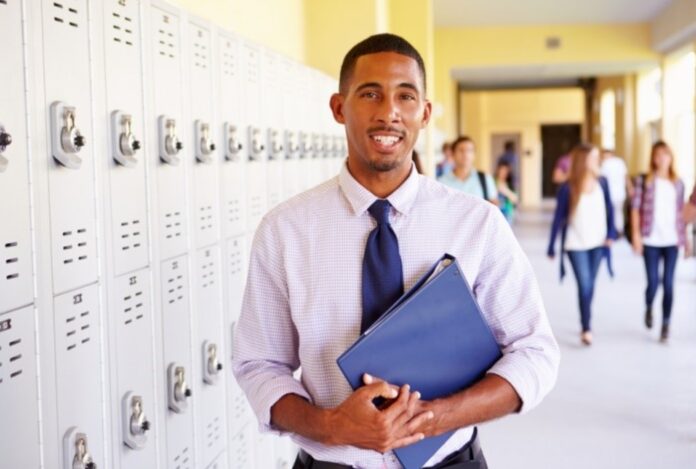
No matter how hard you study and no matter how much experience you acquire, there will inevitably be situations in which you don’t have the tools or understanding needed to find a good solution. For this reason, it’s vital that you have the skills to carry out research.
During your training, you will learn which journals and databases are particularly useful for this purpose, but any research experience which you have picked up during your education, in the workplace or in pursuit of personal interests will be valuable to you.
If you’ve spent a lot of time in libraries or looking for obscure materials on the internet, you’ll have an advantage when it comes to identifying studies or individual case histories which can help you to identify the best way forward.
Research skills can also benefit you in another way. Some counselors take advantage of a workplace in which they are surrounded by learning opportunities to carry out research projects of their own, or to participate in research headed by senior academics.
There is nothing unethical about this as long as you follow guidelines properly and make sure that none of your students can be identified based on what goes forward for publication. Research like this can help to advance the profession as a whole.
Problem solving
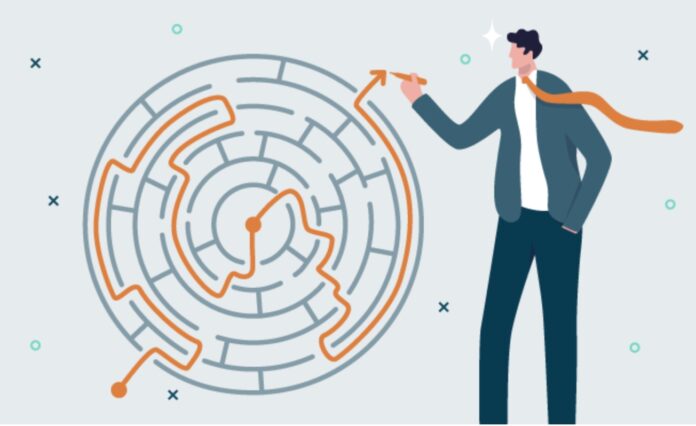
If you’re really going to make a difference as a school counselor, you need to have a good head for problem solving. This is a skill which you will use at many different levels. First and foremost, it will help you to clarify the issues which students are facing so that you can find practical solutions.
Many of the issues which you will be presented with will not stem from any significant psychological imbalance but will simply be a product of day-to-day challenges which students need support to deal with. You will need to get to the bottom of what their problems are and help them to take the steps necessary to remedy them.
Alongside this, you will need to deal with situations where it is ultimately appropriate to refer a student for diagnosis of a mental illness, a learning disorder or a cognitive impairment. Your studies will provide you with the knowledge base you need to know when this is required, but you will need a degree of natural talent in order to work through the information available to you and arrive at the correct conclusion.
Once a student has been diagnosed, you will then need to talk with your students so that they can understand what it means, and work with them to find ways of minimizing the difficulties which it causes for them in day-to-day life. Again, much of this is very practical. While medication can help in some cases, it’s only ever part of the solution.
Guidance and advocacy
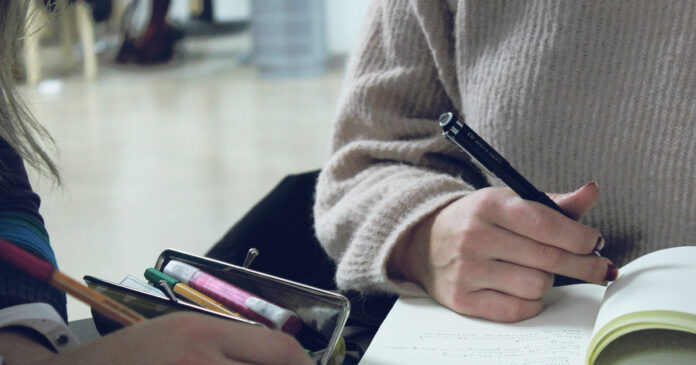
In most areas of counseling, it’s really important to exercise impartiality. School counseling is a little different because while you will need to be careful not to rush to judgment when listening to your young clients, you will have an obligation to provide them with guidance and help them to grow up into good citizens. This requires that you have a clear sense of what that involves and are confident in your position.
Providing guidance isn’t about imposing morality but about helping young people to understand what’s expected of them in school and in society at large and giving them an awareness of the social contract. Some children take time to fully grasp the relationship between actions and consequences or to understand that other people have feelings just as they do.
The counseling relationship with young people is also a special one because it’s much more likely that you will be required to advocate on their behalf. You may need to work on repairing broken relationships between students and teachers, help troubled parents to engage more successfully in their children’s education or make referrals to other specialists.
If a child gets into trouble, you may be called upon to speak on their behalf, and if you feel that a child is being treated unfairly or has special needs which are not being met, you will need to step in to make sure that other people in the school administration step up.
Ethics

Every counselor needs a strong grasp of ethics, and that’s even more important when you’re working with a vulnerable client group such as students. The ethics which are central to counseling are not always intuitive, but the important thing is that once you come to understand why they matter, you will have a real commitment to sticking to them.
When you begin looking into how to become a school counselor, you’ll find that enrolling in studies at a reputable institution such as St Bonaventure University will prepare you for the licensed professional counselor exam.
Offered 100% online, their Master of Science in Education in School Counseling program allows aspiring counselors to gain the skills needed to guide primary, middle school and high school students towards becoming happy, well-adjusted adults in the future.
Counseling ethics vary a little where children are concerned because your duty of care is built upon an acknowledgment that they have less power over their lives and less ability to make good decisions for themselves. This means that there are specific situations in which you are required to break confidentiality and intervene to ensure their safety.
In every respect, their wellbeing must be your primary concern, regardless of the priorities of parents or teachers. Giving them the appropriate support at this stage in life will really help them to reach their potential and having you as a good role model will help them learn how to do right by others.
If you’re serious about becoming a school counselor, you’ll have a lot of studying to do, but don’t discount what you’re already able to bring to the table. If you already have some of these skills, this could be the ideal career for you.





![Calgary’s Hottest Neighborhoods for Luxury Homebuyers [2024]](https://thewashingtonote.com/wp-content/uploads/2024/04/Calgary-324x160.png)



